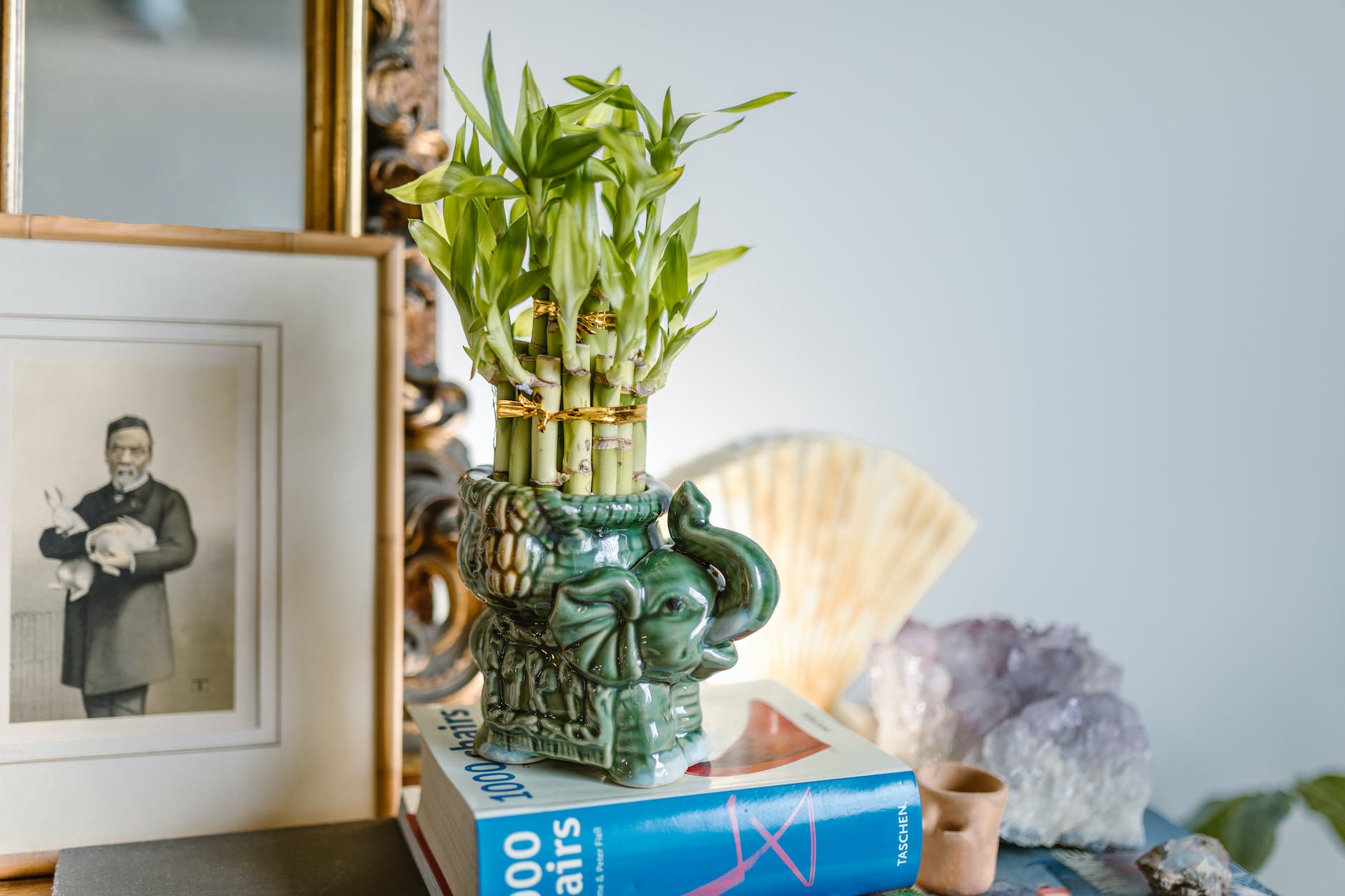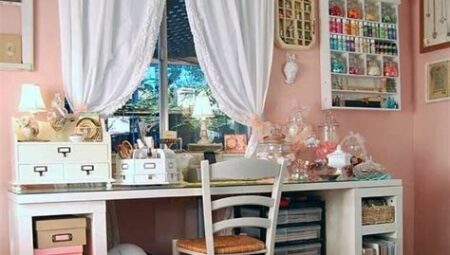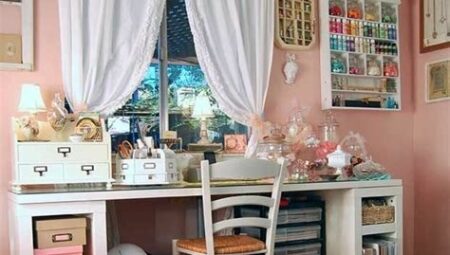Incorporating Feng Shui principles in your home can help create a harmonious and balanced living space. By understanding the principles of Feng Shui, you can optimize the flow of energy in your home and promote a sense of well-being and tranquility. From arranging furniture to using colors and incorporating natural elements, there are various ways to incorporate Feng Shui into your home design.
One of the key aspects of Feng Shui is furniture placement. By strategically positioning your furniture, you can create a positive energy flow and a sense of balance in each room. For example, in the bedroom, placing the bed in a commanding position, away from the door and with a solid headboard, can promote better sleep and relaxation. In the living room, arranging the furniture in a way that encourages social interaction and allows for easy movement can create a welcoming and balanced space for family and guests.
Color psychology is another important element in Feng Shui. Different colors have different effects on mood and energy levels. By choosing the right colors for each room, you can create a harmonious color scheme that promotes well-being. For example, using calming and soothing colors like blues and greens in the bedroom can enhance relaxation, while vibrant and energizing colors like reds and oranges in the dining area can stimulate appetite and conversation.
Incorporating natural elements is also crucial in Feng Shui. Bringing the outdoors inside by incorporating plants, water features, and natural materials can enhance the energy and atmosphere of your home. Plants, for instance, not only add beauty to your space but also purify the air and promote a sense of vitality. Water features, such as a small fountain or aquarium, can create a soothing and tranquil ambiance. Natural materials like wood and stone can bring a sense of grounding and stability to your home.
By implementing Feng Shui principles in your home design, you can create a space that not only looks aesthetically pleasing but also promotes positive energy and well-being. From furniture placement to color psychology and the incorporation of natural elements, there are various ways to bring balance and harmony to your living space.
Furniture Placement
Optimize the flow of energy in your home by strategically placing furniture according to Feng Shui principles. By arranging your bed, desk, and sofa in the right positions, you can promote positive energy and create a sense of balance in your living space.
When it comes to your bed, position it against a solid wall with a clear view of the door. This allows you to have a sense of security and control over your surroundings while you sleep. Avoid placing your bed directly under a window or in line with the door, as this can disrupt the flow of energy.
For your desk, place it in a commanding position where you have a clear view of the room and the entrance. This allows you to feel empowered and in control while working. Avoid placing your desk facing a wall or with your back to the door, as this can create a sense of vulnerability and hinder productivity.
When arranging your sofa, consider creating a conversation area by placing it facing the entrance or a focal point in the room. This encourages social interaction and positive energy flow. Avoid placing your sofa against a wall or blocking any doorways, as this can create a stagnant energy and hinder the flow of chi.
By following these simple furniture placement guidelines based on Feng Shui principles, you can optimize the energy flow in your home and create a harmonious and balanced living space.
Color Psychology
Colors have a profound impact on our emotions and energy levels, and incorporating the right colors in each room of your home can greatly enhance your well-being. According to Feng Shui principles, different colors have different effects on mood and can promote specific energies.
When it comes to choosing colors for your home, it’s important to consider the function of each room. For example, in the bedroom, where relaxation and rest are key, soothing and calming colors such as soft blues, gentle greens, and serene neutrals are recommended. These colors create a peaceful atmosphere and encourage a restful sleep.
In the living room, where social interaction and relaxation take place, warm and inviting colors like earthy tones, warm yellows, and rich browns can promote a sense of comfort and connection. These colors create a welcoming and cozy environment for both family members and guests.
For areas that require focus and concentration, such as the home office or study area, it’s best to choose colors that stimulate the mind and promote productivity. Shades of yellow, green, and blue are known to enhance focus and creativity. Consider incorporating these colors through accent walls or furniture pieces.
To create a harmonious color scheme throughout your home, you can use the color wheel as a guide. Complementary colors, which are opposite each other on the color wheel, can create a balanced and visually pleasing effect. Analogous colors, which are adjacent to each other on the color wheel, can create a sense of harmony and flow.
Remember, the key is to choose colors that resonate with you and create a positive energy in your home. Experiment with different color combinations and observe how they make you feel. By incorporating Feng Shui principles and understanding the influence of colors, you can create a harmonious and energizing living space that promotes well-being.
The Power of Natural Elements
Discover how incorporating natural elements such as plants, water features, and natural materials can enhance the energy and atmosphere of your home. By bringing the outdoors inside, you can create a peaceful and rejuvenating environment that promotes a sense of well-being.
Plants are an excellent way to incorporate natural elements into your home. They not only add beauty and color but also purify the air and increase oxygen levels. Choose plants that are easy to care for and suited to the lighting conditions in each room. Consider placing them in strategic locations such as near windows or in corners to maximize their impact.
In addition to plants, water features can also bring a sense of tranquility to your home. Whether it’s a small tabletop fountain or a larger indoor waterfall, the sound of flowing water can create a soothing ambiance. The gentle sound of water can help to reduce stress and promote relaxation.
When it comes to materials, opt for natural options whenever possible. Wood, stone, and bamboo are all excellent choices that add warmth and texture to your home. Incorporate these materials in furniture, flooring, and decor to create a connection with nature.
By incorporating natural elements into your home, you can create a space that feels harmonious and connected to the natural world. Not only will this enhance the energy and atmosphere of your home, but it will also provide a sanctuary where you can relax and rejuvenate.
Decluttering and Organization
Learn the importance of decluttering and organizing your home according to Feng Shui principles. Find out how to create a clutter-free space that allows energy to flow freely and promotes a sense of calm and clarity.
Decluttering and organization are essential aspects of creating a harmonious and balanced living space according to Feng Shui principles. By removing excess clutter and organizing your belongings, you can create a space that allows energy to flow freely and promotes a sense of calm and clarity.
Start by assessing each room in your home and identifying items that are no longer needed or bring negative energy. Clearing out these unnecessary items will create more physical and mental space, allowing positive energy to circulate. Consider donating or selling items that no longer serve a purpose in your life.
Once you have decluttered, it’s time to organize your remaining belongings in a way that promotes balance and harmony. Utilize storage solutions such as shelves, bins, and baskets to keep items neatly organized and easily accessible. Avoid overcrowding spaces and ensure that each item has its designated place.
When arranging furniture, consider the flow of energy in the room. Avoid blocking doorways or pathways with large furniture pieces, as this can disrupt the energy flow. Instead, position furniture in a way that allows for easy movement and encourages a sense of openness.
Creating a clutter-free space not only improves the energy in your home but also has a positive impact on your mental well-being. A clean and organized environment promotes relaxation, reduces stress, and allows for greater focus and productivity. By incorporating decluttering and organization into your home design, you can create a space that supports your overall well-being.
Enhancing the Bedroom
Create a serene and restful bedroom environment by applying Feng Shui principles. The bedroom is a place of relaxation and rejuvenation, and it is important to create a space that promotes better sleep and relaxation. By following Feng Shui principles, you can enhance the energy flow in your bedroom and create a harmonious atmosphere.
One of the key elements in Feng Shui bedroom design is the positioning of the bed. According to Feng Shui principles, the bed should be placed in a commanding position, where you can see the entrance to the room while lying in bed. This position allows you to feel safe and in control, promoting a sense of peace and relaxation. Avoid placing the bed directly in line with the door or under a window, as this can disrupt the flow of energy.
Colors also play a significant role in creating a soothing bedroom environment. Choose colors that promote relaxation and tranquility, such as soft blues, greens, and neutrals. These colors have a calming effect on the mind and can help you unwind after a long day. Avoid using bright or bold colors in the bedroom, as they can be too stimulating and disrupt your sleep.
Incorporating soothing elements in your bedroom can further enhance the relaxation and promote better sleep. Consider adding elements such as soft lighting, natural materials, and gentle sounds. Soft, dimmable lighting creates a cozy and calming atmosphere, while natural materials like wood and cotton create a sense of warmth and comfort. You can also incorporate soothing sounds, such as a small tabletop fountain or a white noise machine, to create a peaceful ambiance.
By following these Feng Shui principles, you can create a bedroom that is not only visually appealing but also promotes better sleep and relaxation. Remember to keep the space clutter-free and organized, as a tidy environment allows energy to flow freely. With a serene and restful bedroom, you can wake up feeling refreshed and rejuvenated, ready to take on the day.
Creating a Nurturing Home Office
Designing a home office that promotes productivity, creativity, and focus is essential for a harmonious and inspiring work environment. By incorporating Feng Shui principles, you can optimize the energy flow in your workspace and create a nurturing atmosphere.
Firstly, consider the placement of your desk. According to Feng Shui, it is ideal to position your desk in the command position, which means facing the door without being directly in line with it. This allows you to have a clear view of the room and feel in control of your surroundings. Additionally, it is beneficial to have a solid wall behind your desk for support and stability.
Lighting plays a crucial role in setting the mood and energy in your home office. Natural light is highly recommended, as it promotes a sense of vitality and positivity. If natural light is limited, you can incorporate full-spectrum lighting to mimic the effects of sunlight. Avoid harsh or dim lighting, as it can cause strain and affect your concentration.
Organizing your workspace is vital for maintaining a clutter-free and focused environment. Keep your desk tidy and free from unnecessary items. Use storage solutions such as shelves or drawers to keep essential supplies within reach but out of sight. This will help create a sense of order and allow energy to flow freely.
Furthermore, consider adding elements that inspire and uplift you. Incorporate plants to bring nature indoors and promote a sense of calmness. Choose artwork or decor that resonates with your personal style and evokes positive emotions. Surround yourself with items that encourage creativity and reflection.
By following these Feng Shui tips for desk placement, lighting, and workspace organization, you can create a nurturing home office that supports your productivity, enhances your creativity, and fosters focus. Remember, a harmonious and inspiring environment is crucial for achieving your best work.
Bringing Balance to the Living Room
When it comes to creating a harmonious living room, the arrangement of furniture plays a crucial role. Start by positioning your sofa and chairs in a way that encourages social interaction. Consider placing them in a circular or semi-circular formation to promote conversation and connection among family members and guests.
Additionally, be mindful of the energy flow in the room. Avoid blocking pathways with furniture, as this can disrupt the natural flow of energy. Keep the space open and allow for easy movement.
Color selection is another important aspect of bringing balance to your living room. According to Feng Shui principles, warm earthy tones like beige, brown, and terracotta create a sense of stability and grounding. These colors can be incorporated through your choice of furniture, wall paint, or decorative elements.
Furthermore, consider adding elements that promote relaxation and positive energy flow. Incorporating natural materials such as wood and stone can create a calming and soothing atmosphere. You can also introduce plants to bring a touch of nature indoors, purify the air, and enhance the overall energy of the room.
Lastly, ensure that your living room reflects your personal style and preferences. Choose decor and accessories that resonate with you and create a welcoming space for both family and guests. By incorporating these Feng Shui principles, you can transform your living room into a balanced and inviting haven.
Frequently Asked Questions
- What is Feng Shui?
Feng Shui is an ancient Chinese practice that focuses on creating harmony and balance in living spaces. It involves arranging furniture, using colors, and incorporating natural elements to optimize the flow of energy and promote positive energy in the home.
- How does furniture placement affect Feng Shui?
Furniture placement plays a crucial role in Feng Shui. By strategically arranging furniture, you can enhance the flow of energy in your home. For example, positioning your bed, desk, and sofa in specific ways can promote positive energy and create a sense of balance.
- What role does color play in Feng Shui?
Colors have a significant impact on mood and energy levels. In Feng Shui, each color is associated with different elements and emotions. By choosing the right colors for each room, according to Feng Shui principles, you can create a harmonious color scheme that promotes well-being.
- How can natural elements enhance the energy in my home?
Incorporating natural elements such as plants, water features, and natural materials can enhance the energy and atmosphere of your home. These elements bring a sense of nature indoors, creating a peaceful and rejuvenating environment.
- Why is decluttering important in Feng Shui?
Decluttering is essential in Feng Shui as it allows energy to flow freely in your home. A clutter-free space promotes a sense of calm and clarity. By organizing your belongings and creating a tidy environment, you can create a harmonious living space.
- How can I create a peaceful bedroom environment using Feng Shui?
To create a serene and restful bedroom, you can apply Feng Shui principles. This includes positioning your bed, choosing appropriate colors, and incorporating soothing elements such as soft lighting and calming scents.
- What are some Feng Shui tips for designing a home office?
When designing a home office, it’s important to consider Feng Shui principles for productivity and focus. This includes desk placement, proper lighting, and organizing your workspace to create a harmonious and inspiring environment.
- How can I create a balanced living room using Feng Shui?
To create a balanced living room, you can arrange your furniture in a way that promotes social interaction, relaxation, and positive energy flow. Choosing suitable colors and incorporating elements such as comfortable seating and natural lighting can also contribute to a welcoming space.



